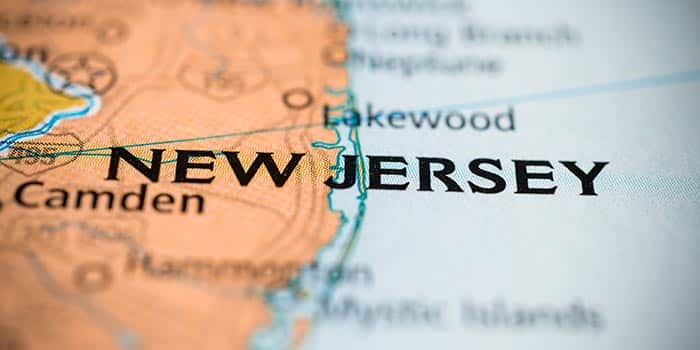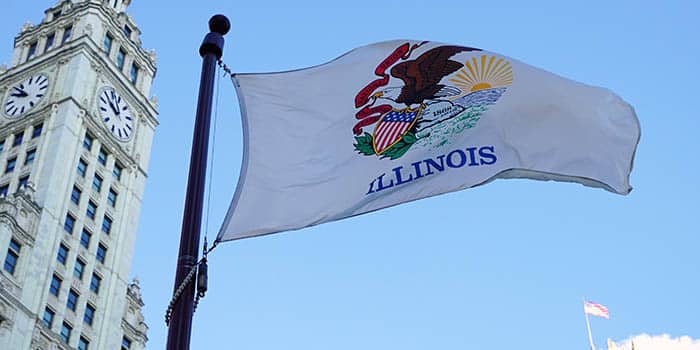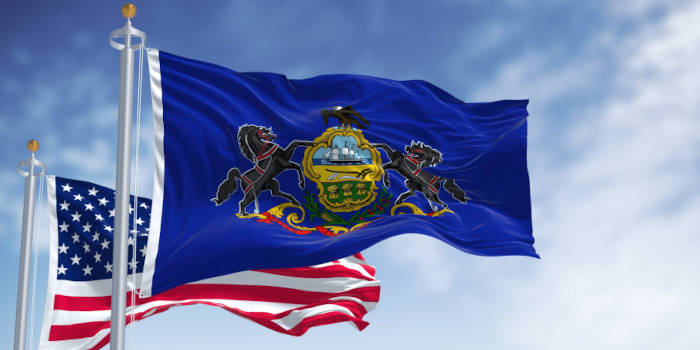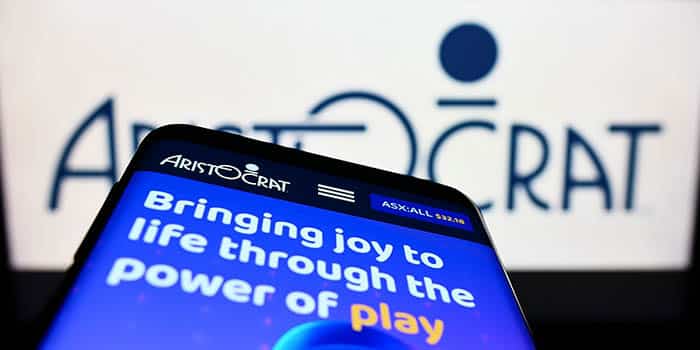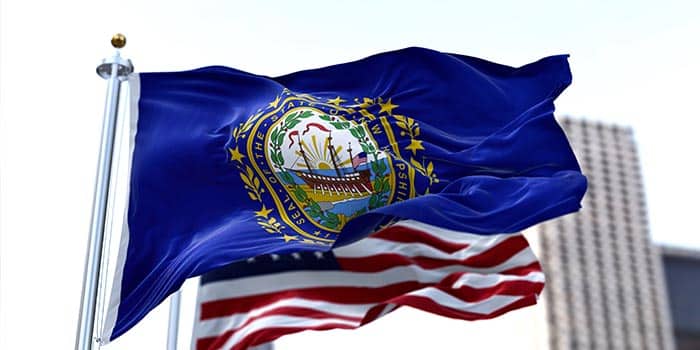- Casino
- By State
- Alabama
- Alaska
- Arizona
- Arkansas
- California
- Colorado
- Connecticut
- Delaware
- Georgia
- Florida
- Hawaii
- Idaho
- Illinois
- Indiana
- Iowa
- Kansas
- Kentucky
- Louisiana
- Maine
- Massachusetts
- Maryland
- Michigan
- Minnesota
- Mississippi
- Missouri
- Montana
- Nebraska
- Nevada
- New Hampshire
- New Jersey
- New Mexico
- New York
- North Carolina
- North Dakota
- Ohio
- Oklahoma
- Oregon
- Pennsylvania
- Rhode Island
- South Carolina
- South Dakota
- Tennessee
- Texas
- Utah
- Vermont
- Virginia
- Washington
- West Virginia
- Wisconsin
- Wyoming
- By State
- Slots
- Poker
- Sports
- Esports
Pennsylvania Kicks off Problem Gambling Awareness Month

In collaboration with other state entities, Pennsylvania’s Gaming Control Board promotes a Problem Gambling Awareness Month in March.
March Becomes Month of Gambling Awareness in Pennsylvania
Along with the Department of Drug and Alcohol, The Council of Compulsive Gambling of Pennsylvania, the state’s lottery, and other state entities, the Gaming Control Board’s Office of Compulsive Problem Gambling will provide residents with information on gambling disorders and available treatment programs.
Because gambling-related issues often go unnoticed, merely 8% of the people seek help. It was estimated in 2015 that more than 5 million people in the United States struggle with some form of problems related to gambling, according to a report from the National Council on Problem Gambling. The Council of Compulsive Gambling of PA stated that this number would only go up in the future when other forms of gambling are available.
The director of the PGCB’s Office of Compulsive and Problem Gambling, Elizabeth Lanza, said that Problem Gambling Awareness Month aims to address the issues and provide the residents with information about the early signs of problems. Its mission is to raise awareness of the solutions at hand in the country and the state, like treatment programs.
The Monthly campaign starts with a webinar held by the National Council on Problem Gambling on Monday at 11 a.m. Those who want to participate can register for the PGAM Kickoff Event.
People who seek assistance can call the National Problem Gambling Helpline at 800-522-4700. The Council on Compulsive Gambling of Pennsylvania is available at 800-848-1880 or National Council on Problem Gambling.
People Who Struggle with Gambling Addiction Have Options
People who struggle with such issues can sign up for the self-exclusion program, which allows them to ban themselves from various online gambling forms. There are sanctions for those who sign up but don’t follow up with their self-exclusion. Over 16 000 people have signed up for the program. They can ban themselves for one year, five years, or even a lifetime.
According to Lanza, the PGCB’s goal is to educate the state’s residents on the available options for those who suffer. She said that people need to know what programs are available and how effective they can be.
Last year, PGCB teamed up with GeoComply to launch a protection program, Conscious Gaming. The program allows operators to identify customers at risk and those who try to play despite being in an exclusion program.
People can find other ways to stop playing or spending money on online casino games, online poker, online sports betting, and fantasy contests. Those who want to sign up for the self-exclusion programs can do so at ResponsiblePlay.pa.gov.
Related Topics:
Eva is a PR specialist and communications expert with ten years of experience in campaign organizing and creative writing. She is also a published author of fictional stories. Eva recently developed an interest in economics and the gaming industry after discovering the inspirational story of Molly Bloom.
Must Read
Industry
June 27, 2025
Las Vegas Sphere Bashed for Charging $170 for Pizza
More Articles


